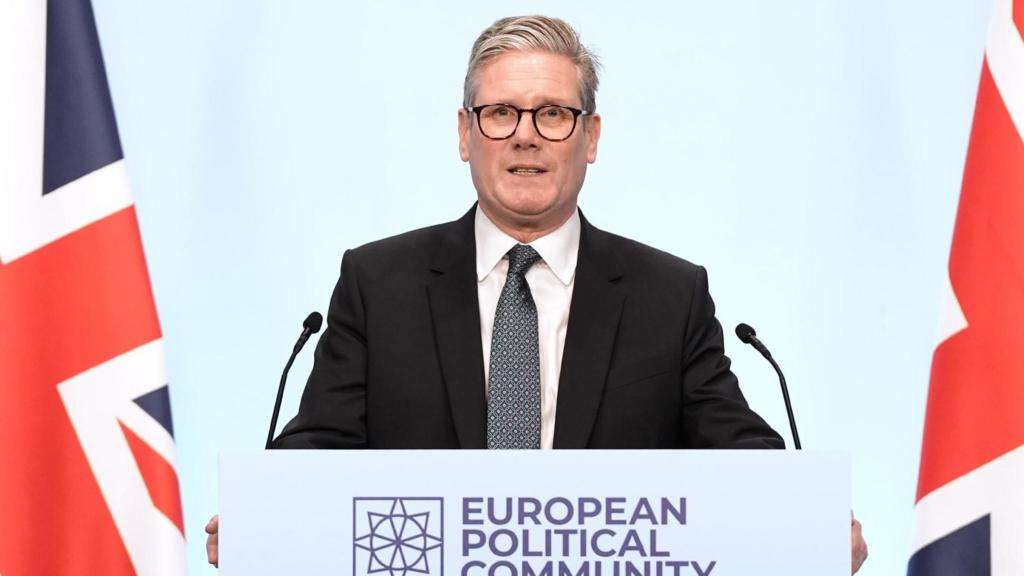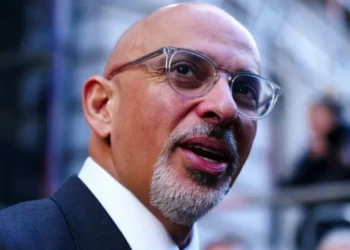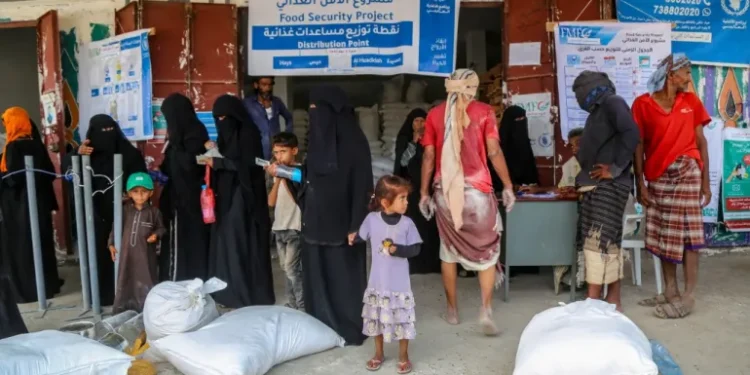Keir Starmer has officially launched his bid to reshape Britain’s post-Brexit relationship with the European Union, setting the stage for crucial negotiations in Brussels.
However, the Labour leader faces significant demands on issues such as migration, fishing rights, and youth mobility from his European counterparts.
Starmer’s approach, which centers on a “three pillar” strategy, focuses on defense and security, crime, immigration, and trade. His priority is to establish stronger cooperation with the EU, but without returning to pre-Brexit frameworks like the single market or freedom of movement.
As Starmer begins his talks, European leaders are not expected to make concessions lightly. They are prepared to press the UK on several issues, including long-term access to British waters for European fishing fleets and a new migrant deal.
One of the proposals on the table is a plan to resettle asylum seekers across Europe, with Britain being asked to take in a portion of them.
Another key issue on the agenda is the possibility of a youth mobility scheme, which would allow people under 30 to travel more easily between the UK and the EU.
Sources close to Starmer’s negotiation team, led by European affairs minister Nick Thomas-Symonds, suggest that while Starmer may eventually agree to such a scheme, he is reluctant to commit to it too early in the discussions. Instead, it may serve as a bargaining tool to gain leverage in other areas of negotiation.
Youth Mobility Scheme in the Balance
Despite the potential for increased cooperation, Starmer remains firm on key Brexit principles. He has been clear that there will be no return to the single market, customs union, or freedom of movement.
His goal is to secure a stronger partnership with Europe while maintaining the sovereignty that was a cornerstone of the Brexit decision.
European Commission president Ursula von der Leyen is expected to push for a new asylum pact that would come into effect in 2026.
The proposal could see EU member states collectively resettling 30,000 asylum seekers annually, a number that would be divided among countries, including the UK. This plan aligns with Europe’s broader effort to manage migration more effectively amidst rising global instability.
Fishing rights, a contentious issue during the original Brexit negotiations, have resurfaced as a major sticking point. France, in particular, is pushing for a long-term deal to allow greater access to British waters for its fishing fleets, an issue that could prove to be a challenge for Starmer’s team to navigate.
Strengthening Ties for a Safer Europe
Before embarking on his trip, Starmer emphasized the importance of close cooperation between the UK and its European neighbors. “The UK is undeniably stronger when it works in lockstep with its closest international partners,” he said.
“We will only be able to tackle these challenges by putting our collective weight behind them, which is why I am so determined to put the Brexit years behind us and establish a more pragmatic and mature relationship with the European Union.”
Keir Starmer

Starmer is set to meet with top EU officials, including von der Leyen, European Council president Charles Michel, and European Parliament president Roberta Metsola, to discuss a broad range of topics.
His overarching goal is to create a more secure and stable environment for both the UK and the EU in a world increasingly characterized by conflict and instability.
With pressing issues such as the war in Ukraine, ongoing Middle East tensions, and the rise of smuggling networks trafficking people across Europe, Starmer aims to promote closer collaboration in areas of shared interest, including border security and combating organized crime.
As the discussions unfold, it remains to be seen how Starmer will balance European demands with the need to protect British interests.
READ ALSO: CDD-Ghana Director Commends EC for Productive Meeting on Electoral Register























